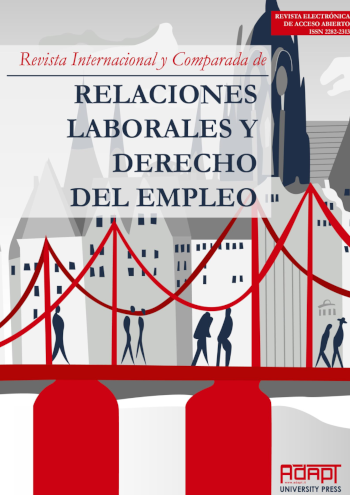Resumen
Por primera vez después de la revolución industrial, la tecnología y sus usos tienen consecuencias para la ciudadanía tanto en su esfera privada como en su esfera laboral, llegando a eliminar, o diluir, la brecha entre una y otra. Este es el sentido de la reciente regulación del derecho a la desconexión en Francia, en España, en Italia y las propuestas de regulación en muchos otros países, además de las reflexiones que su entrada en vigor ha provocado en el conjunto de la sociedad. Con este escenario cabe preguntarse ¿cómo conjugar los objetivos de la nueva organización del trabajo y del desarrollo de las empresas con la protección de los derechos y libertades de los trabajadores? ¿cómo se combina el desempeño colectivo y la satisfacción de las exigencias individuales de los trabajadores, teniendo en cuenta los imperativos económicos, pero también las innovaciones tecnológicas y las expectativas de los trabajadores? Y, ¿qué modelo de gestión se impone y qué futuro regulador nos espera?
For the first time after the industrial revolution, technology and its uses have consequences for the citizens both in their private and in their traditional sphere, even eliminating – or at best diluting – the gap between them. This is the meaning of the recent regulation of the right to disconnect in France, in Spain and the new proposals in others countries and the reflections that its entry into force has caused in the whole of society. With this scene, it is necessary to ask, how to combine the objectives of the new organization of work and the development of enterprises with the protection of the rights and freedoms of workers? How can collective performance and the satisfaction of the individual demands of workers be combined, considering economic imperatives, but also technological innovations and workers’ expectations? And, above all, what model of management is imposed and what future awaits us?

